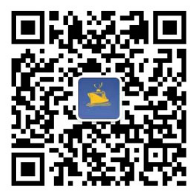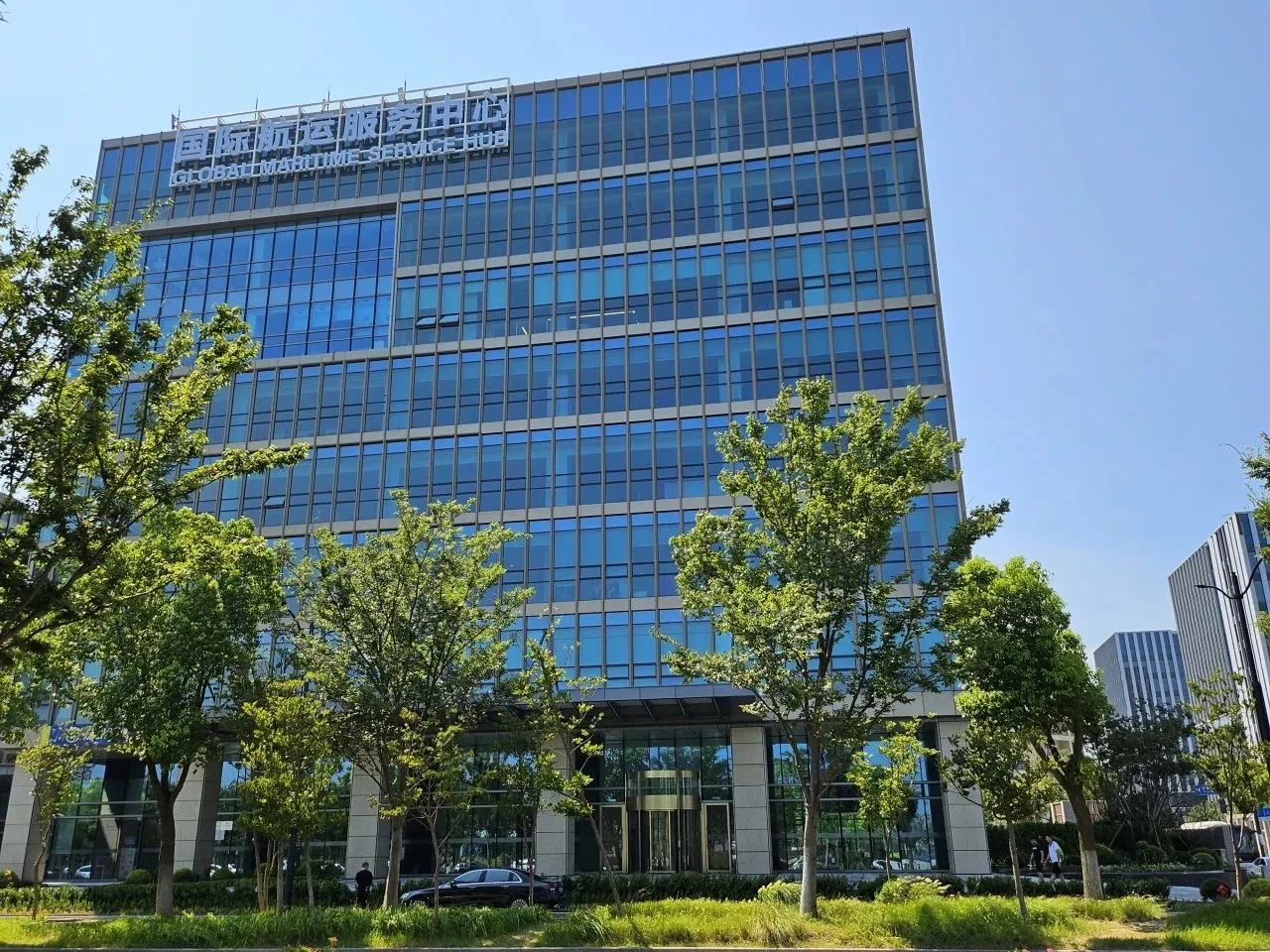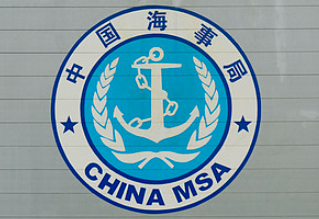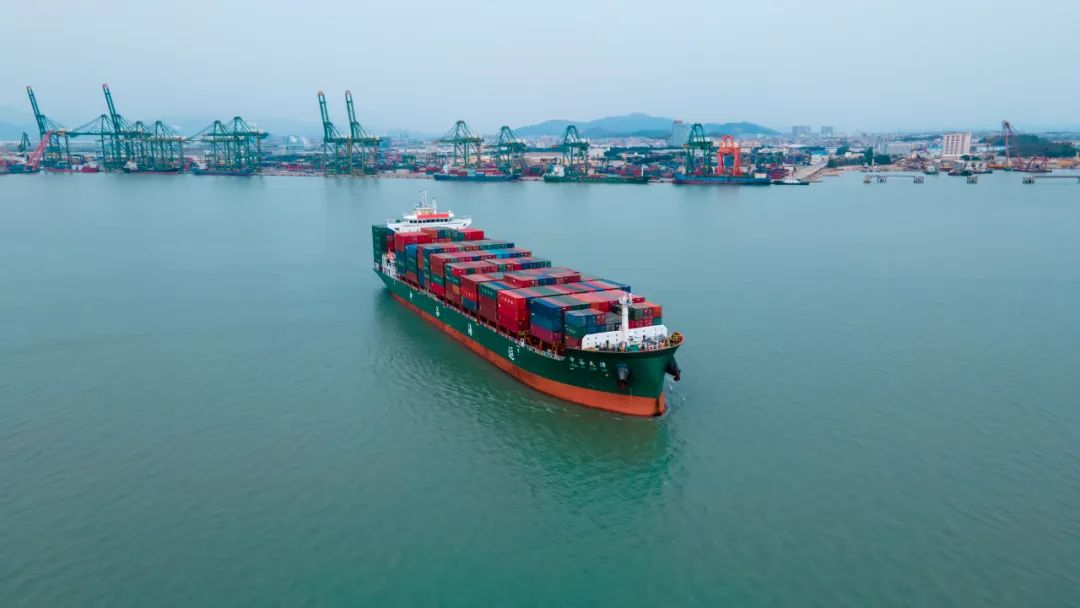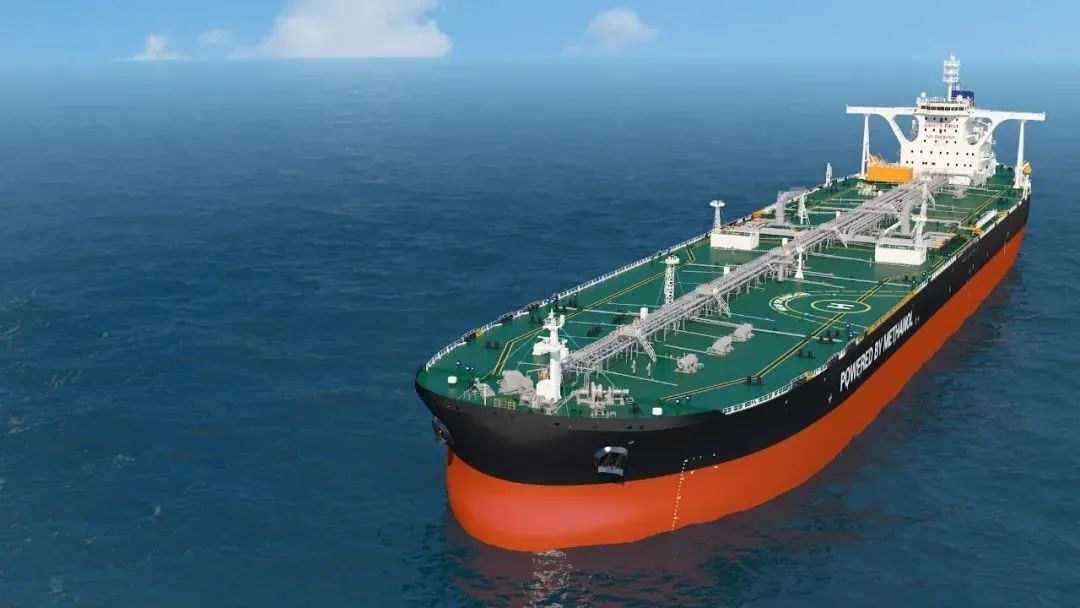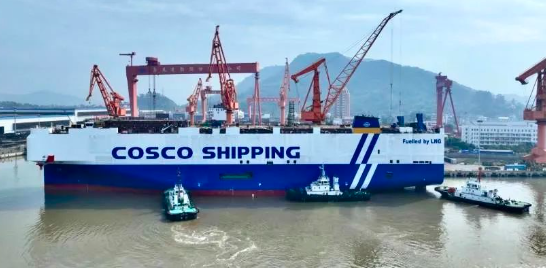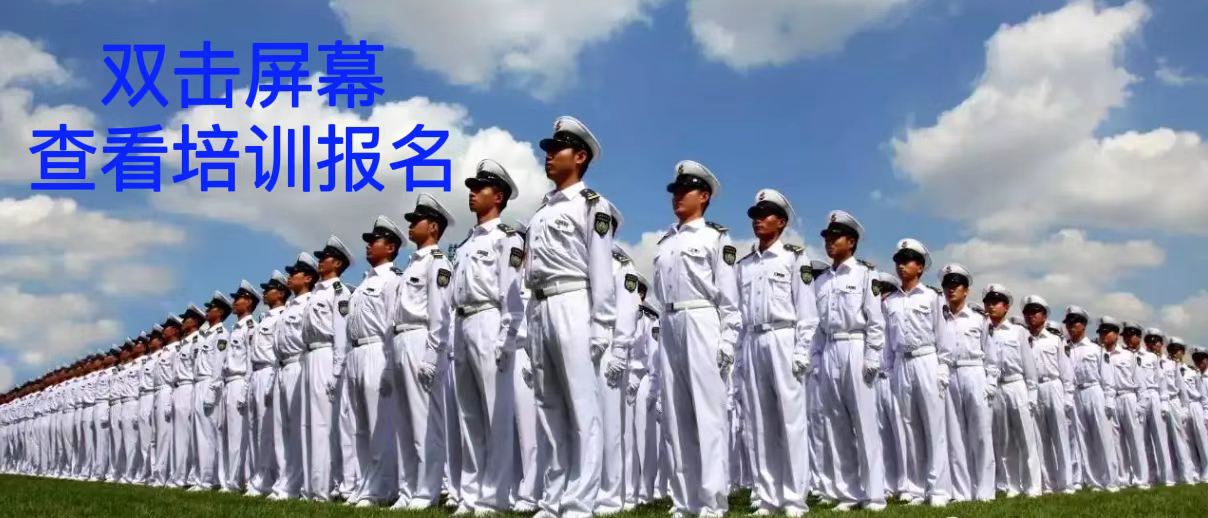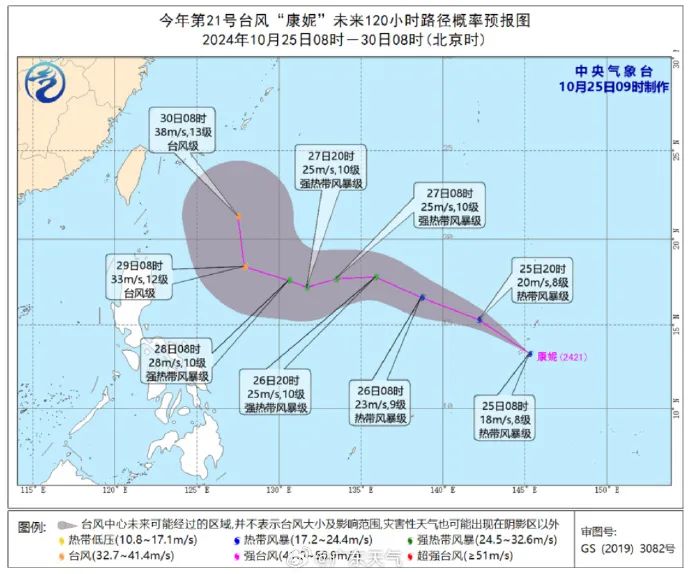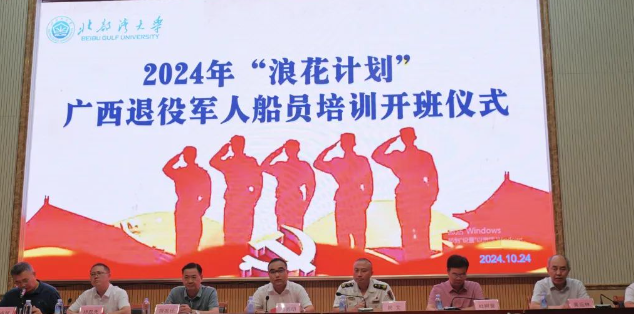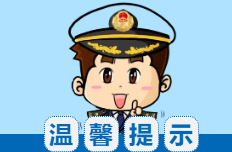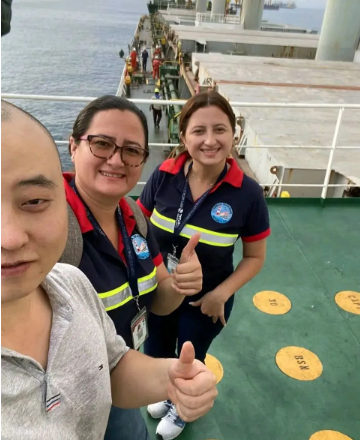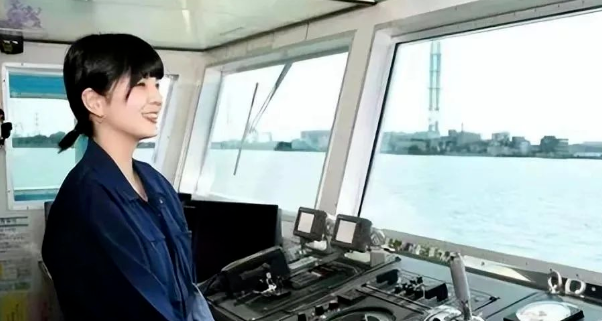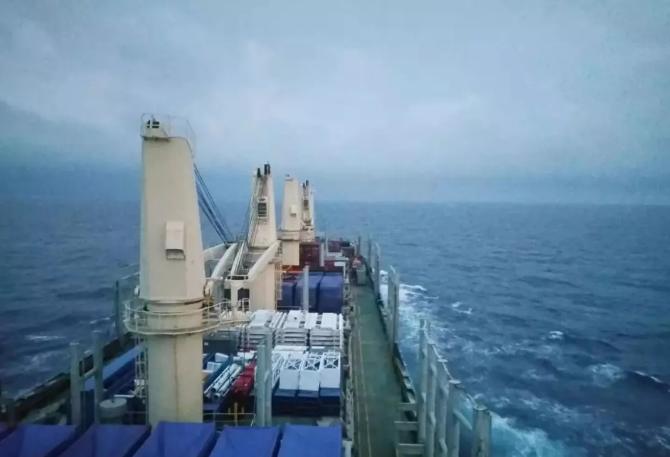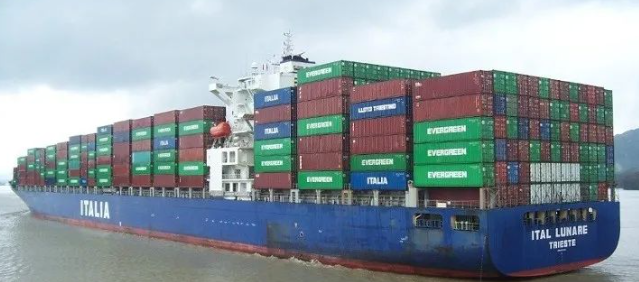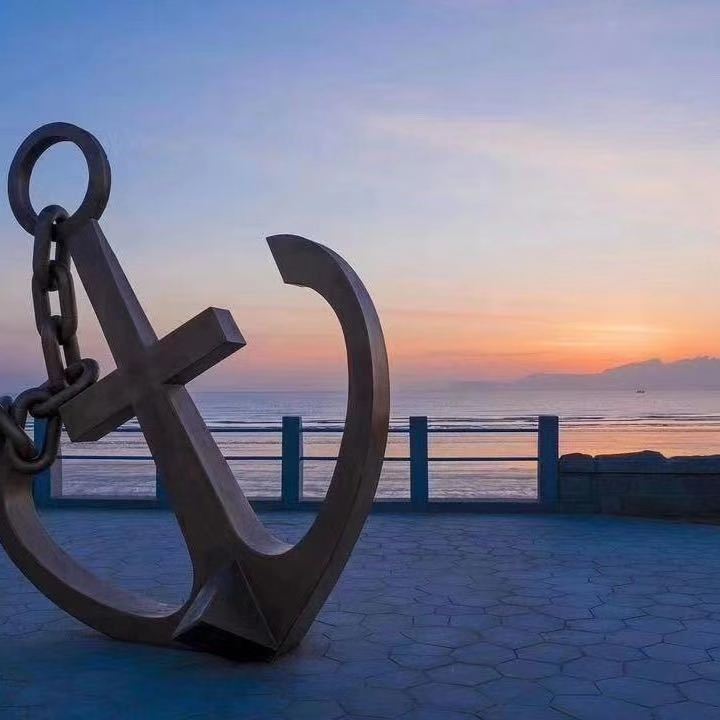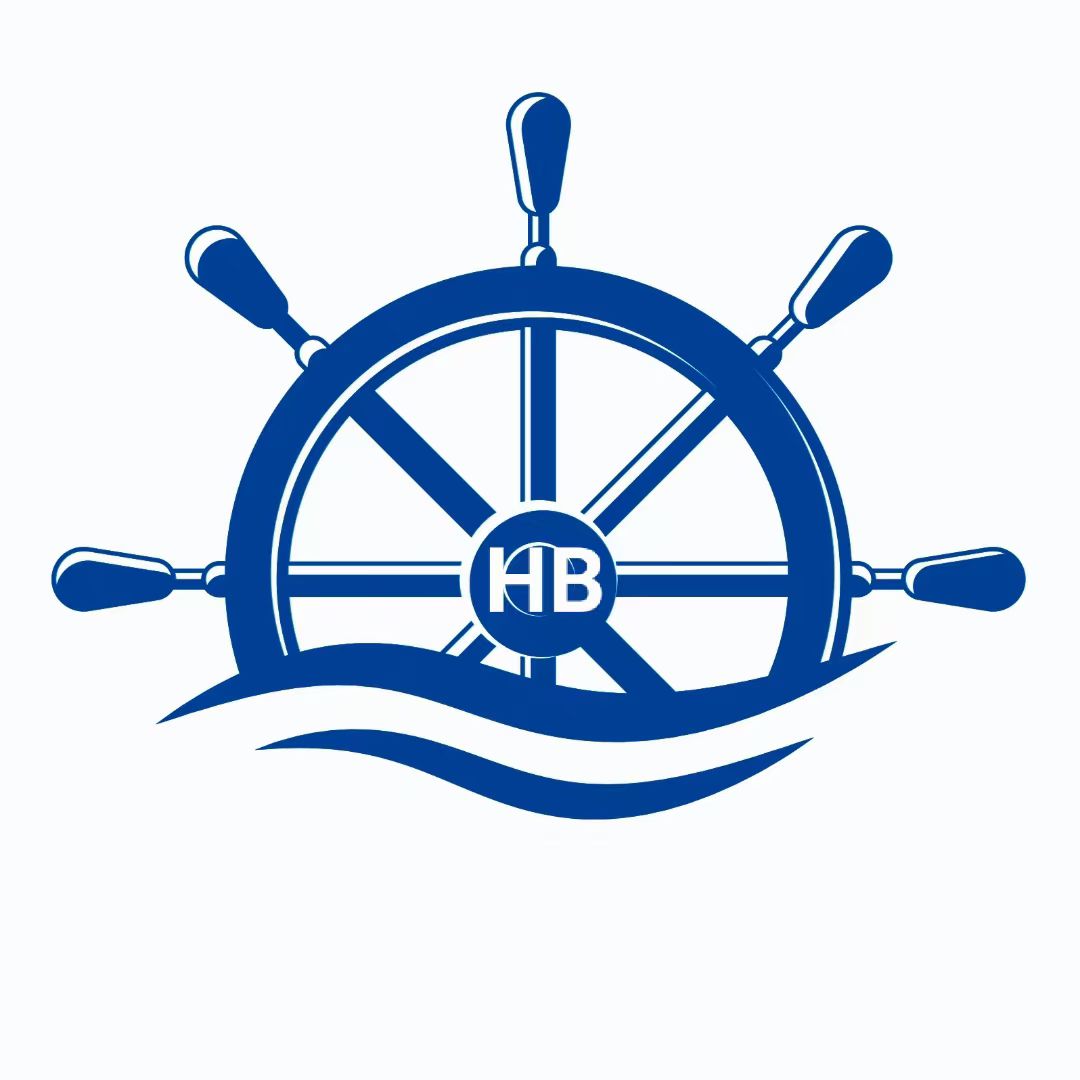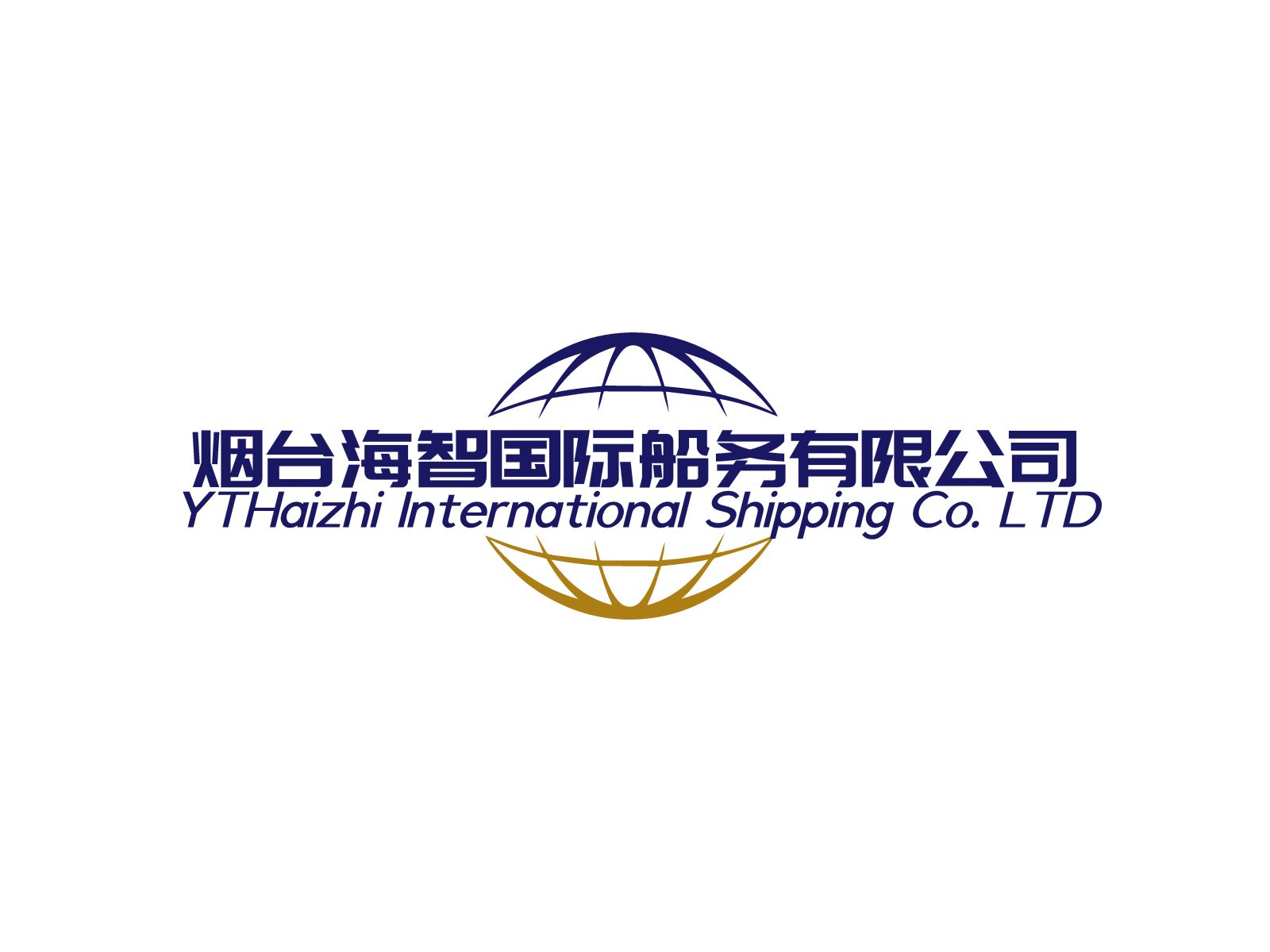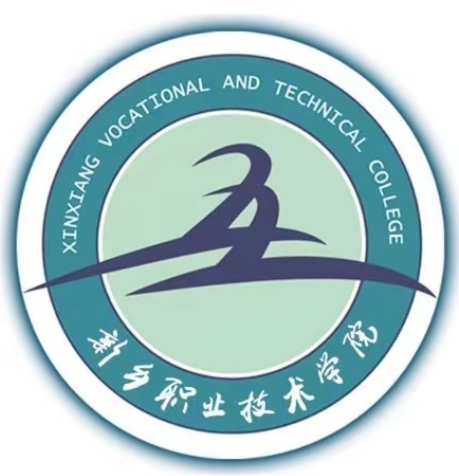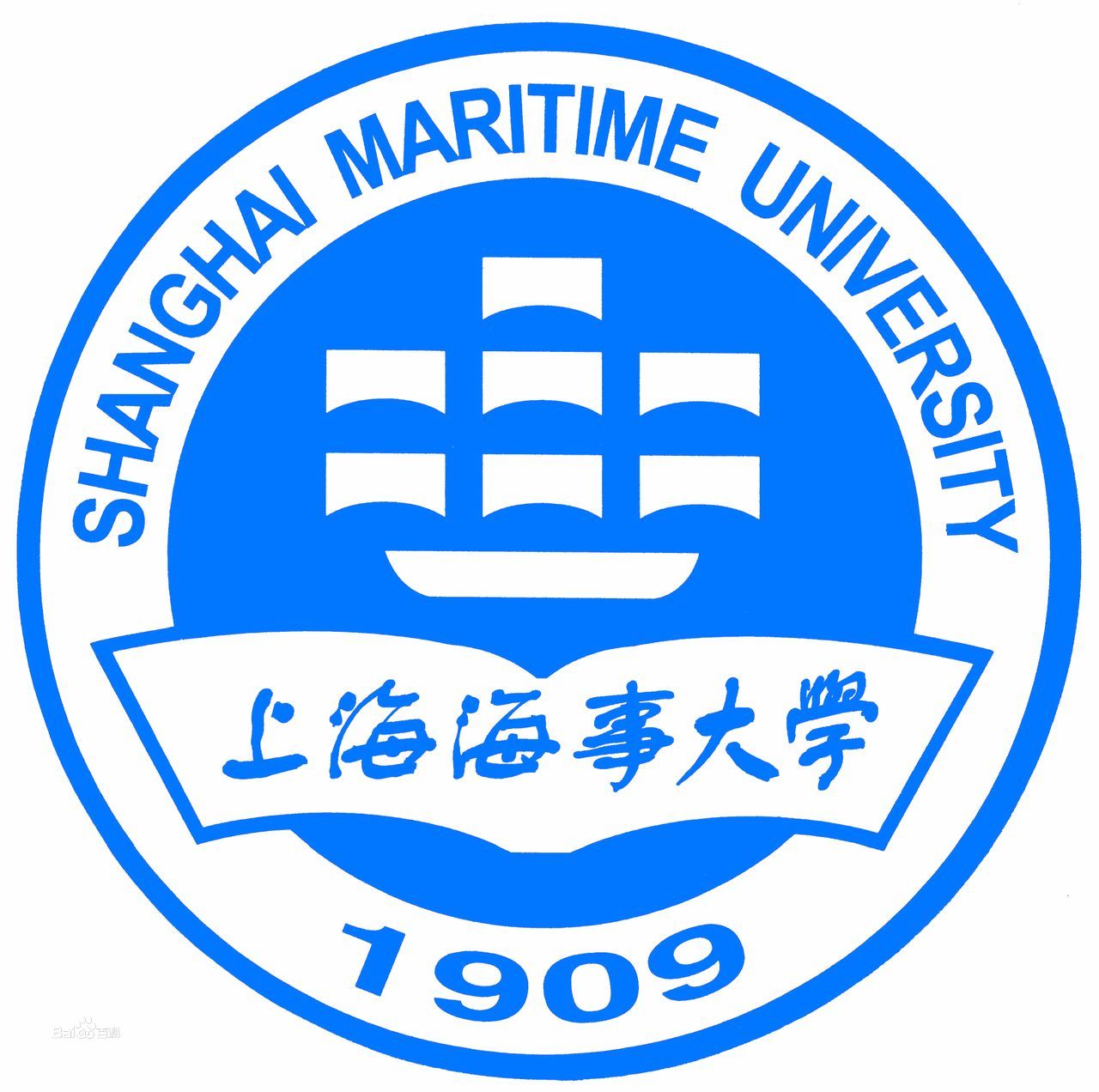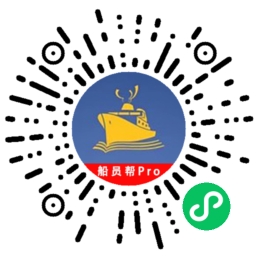面试:二副英语(二)
12.Please tell me the difference between the great circle line(大圆航线) and rhomb line (恒向线)? Intheory, the great circle line is the shortest distance between two places, whilethe rhomb line is longer than the great circle line. However, it is very hard for a vessel just totake the circle line or rhomb line. 13. During cargo loading, if you find cargo damages in holds, what should you do?I should record them in writing or even photograph the damages and report the situations to the Chief Officer immediately. The Chief Officer should report it to the tallyman and ask them to replace the cargo, if possible. At the same time, the officer on duty should make the onthespot record. If the damages are really very serious, we should report to the Master and ask for his instructions. 14. When you usually do the chart work? When you are keeping watch, can you do the chart work? WheneverI receive the Notice to Mariner, I will do the correction and drawing as soon aspossible.Generally,I should not do the chart work when am keeping watch. Doing chart work during watch keeping can give rise to some potential danger to the maneuvering of the vessel. 15.What is the maximum blood alcohol concentration (BAG) rate on board? Accordingto the STCW Code, the BAC shall not be more than 0.08% by weight at any time when being tested.Watchkeepers are not allowed to drink any alcoholic beverage 4 hours before their watch. Besides, when bunkering, loading and unloading, mooring and unmooring, 4 hours before and after port all, the sailor on board cannot have any alcoholic drinks. 16.Please tell me your duties as the medical officer. Iam responsible for maintaining the medical inventory. I should keep a good record of the use of different medicines and make sure that the aide bags are at proper locations. I should also be careful with the medicine locker. The expired medicines should be replaced on time. When some important medicines are out of stock, I should report to the Master and make requisition for supply. 17.When do you call the Master to the bridge? Inthe following situations, according to the SMS manual, I will have to call the Master to the bridge: (1) When the visibility is lower than the one mentioned in the Master's standing order; (2)Breakdown of the main engine, steering gear, gyrocompass or any other critical equipment related to the safety of the vessel; (3)When the ship's position and sounding are unusual or strange; (4)When the navigational marks or sounding do not appear as expected; (5)When heavy weather is encountered; (6)When the ship is behaving in an unusual way;(7) When marine pollution is seen or suspected; (8)When distress message is received or accident observed; (9)Any other situation when the officers are in doubt; (10)Whenever the ship is in danger; 知道何时叫船长到驾驶台是非常重要的, 这对船舶的安全航行非常重要, 通常船长在bridge order 或 standing order 里都有详细的说明,STCW95公约关于船员值班部分也有详细的规定。 18.When RADAR and ARPAR are in use, do they relieve your duty of lockout as a watchkeeper? No,these apparatuses do not relieve the watch officer of his duty to maintain a proper lockout at all times. This is very important to the maneuvering of the vessel. Accidents often arise because of the officers' complete dependence on the RADAR, ARPAR, GPS and other equipment, especially in hazardous areas, such as the coast and port areas, low visibility area, restricted areas and heavy weather regions. All in all, the rules and regulation of the COLREG 1972 must be strictly obeyed. 19.What do you know about EC and ECDIS? ECmeans Electronic Chart, and ECDIS means Electronic Chart and Information System. This system uses the computer technology to provide chart details on a visual display unit, combined with an automatic indication of ship’s position, and possibly a radar image, and a navigation aide. This kind of chart needs basic computer operation skills and automation knowledge. 20.Can you tell me the main contents of a typical Admiralty Notice to Mariner? Howdid you get the Notice to Mariner on your last vessel? The Admiralty Notice to Mariners is a maritime publication issued by the Hydrographic Department of the United Kingdom. They include Admiralty Notices, Australian and New Zealand Notices. They are published on a weekly basis. There is also an annual summary version. The Admiralty Notice to Mariner includes 6 sections. Section one, Explanatory Notes and indexes to Section two. Sections two. Admiralty Notices to MarinersCorrections to charts. Section three, reprints of Radio Navigational Warnings. Section four, Corrections to Admiralty Sailing Di rections. Section five, Corrections to Admiralty List of lights and Fog Signals. Section six, Corrections to Admiralty list of Radio Signals. On my last ship, the ship owner provided us with the Notice to Mariners in every major port. H they failed to give us the Notice, we' 11 send them a request for this. 21.It is very important to get rid of the outdated charts and other SMS documents on board. Why?Itis very important to keep the latest revised charts (also some other ISM documents on board) in the deck and engine room, and keep away those outofdated charts because after a period of time, you will not be able to know what documents are the newest ones. The mixture of the old and new documents on board can easily give rise to some problems for the safety of he vessel. So it is very important to do away with the obsolete documents as soon as possible. 22.How do you maintain the clocks? Iam responsible for the vessel clocks except for those in the engine room. Before getting underway, clocks shall be compared and synchronized, and the synchronization record shall be entered into the Deck Logbook.
 船员帮
船员帮
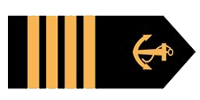 船长
船长 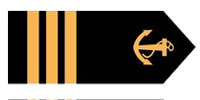 大副
大副 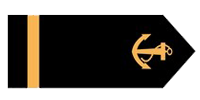 三副
三副 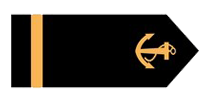 水手
水手 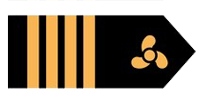 轮机长
轮机长 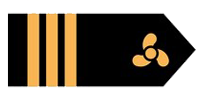 大管
大管 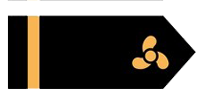 三管
三管 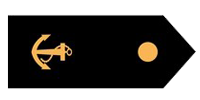 机工
机工 